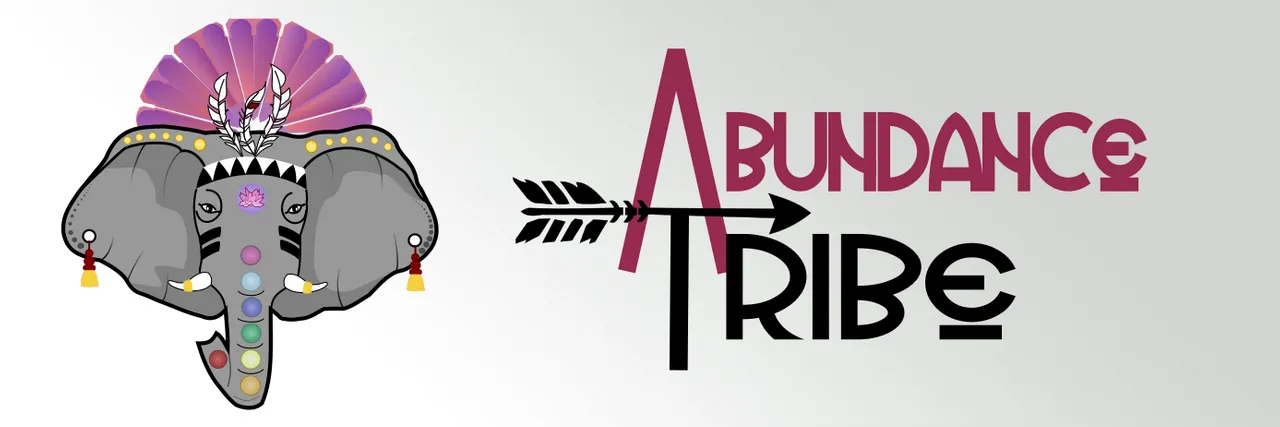There's a passage by a Czech writer I have thought of often, since I read his novel 'Immortality' in my early 20's. I think it was the first time I was conscious of myself as a woman in the flush of youth, beautiful, curvaceous, strong - but at the same time, a woman who would one day be old, and no longer possess such charms. I was aware that the truth of me was something essential and powerful, and known only to me, but I would be forever judged through the lens of others who had their own 'truth' of me.
"The woman might have been sixty or sixty-five. I was watching her from a deck chair by the pool of my health club, on the top floor of a high-rise that provided a panoramic view of all Paris. I was waiting for Professor Avenarius, whom I'd occasionally meet here for a chat. But Professor Avenarius was late and I kept watching the woman; she was alone in the pool, standing waist-deep in the water, and she kept looking up at the young lifeguard in sweat pants who was teaching her swim. He was giving her orders: she was to hold on to the to the edge of the pool and breathe deeply in and out. She proceeded to do this earnestly, seriously, and it was as if an old steam engine were wheezing from the depths of the water (that idyllic sound, now long forgotten, which to those who never knew it can be described in no better way than the wheezing of an old woman breathing in and out by the edge of a pool). I watched her in fascination. She captivated me by her touchingly comic manner (which the lifeguard also noticed, for the corner of his mouth twitched slightly). Then an acquaintance started talking to me and diverted my attention. When I was ready to observe her once again the lesson was over. She walked around the pool toward the exit. She passed the lifeguard, and after she had gone some three or four steps beyond him, she turned her head smiled, and waved to him. At that instant I felt a pang in my heart! That smile and that gesture belonged to a twenty-year-old girl! Her arm rose with bewitching ease. It was as if she were playfully tossing a brightly colored ball to her lover. That smile and that gesture had charm and elegance, while the face and the body no longer had any charm. It was the charm of a gesture drowning in the charmlessness of the body. But the woman, though she must of course have realized that she was no longer beautiful, forgot that for the moment. There is a certain part of all of us that lives outside of time. Perhaps we become aware of our age only at exceptional moments and most of the time we are ageless. In any case, the instant she turned, smiled, and waved to the young lifeguard (who couldn't control himself and burst out laughing), she was unaware of her age. The essence of her charm, independent of time, revealed itself for a second in that gesture and dazzled me. I was strangely moved."
In many ways, the observer here is cruelly judging an older woman by his own measure of what is beautiful, or young, or lovely. Still, the passage speaks of this powerful truth that is outside time. Inside us is this divine truth, sometime essential that is powerfully prana shakti - a life force, a cosmic energy. It is an essential truth that stands outside a delusionary judgement of what is on the surface, this physical appearance that the modern world is so obsessed with.
How do you lean into the truth of who you truly are, undefined by outside forces?
What makes the woman in Kundera's field of observation see herself as charmless, unbeautiful, inelegant, suddenly, whereas moments before she was alive in her prana shakti?
Why did she suddenly believe one thing, and not the other?
What makes you believe one thing more than the other?
i know this much is true
the flash of rainbow lorikeets in the olive grove
the curled white larvae in the damp earth
the pink nectarine blossoms falling to the ground
the scurry of rabbits through the long grass
the cry of a wedgetailed eagle

It is only nature that I can truly believe in, whether it is the natural world outside myself, or the true nature within. It takes an constant checking in with rising sensations to truly come back to utter truth, not the truth I'm conditioned to believe through the education system or political milieu in which I'm forced to exist. This essential divinity in all things is something that I have been in love with my whole life, perhaps because I saw it so early in the natural world I was raised in, the ocean and forests of the coast I grew up on and in which I felt so at home. And having started a yoga practice (no, not just asana or physical practice, but the whole eight limbs of it) at fourteen years old, I saw the truth of things so early that I've never been able to really believe any different. I am that. That I am. What else is there?
It's so easy to be drawn into a delusionary world of politics, of culture, of society and all the conditioning that causes us to believe one thing is true or the other. The media screams at us - it's an industry that relies on particular versions of truth to suit it's own political interests. And like parrots, we repeat it amongst ourselves endlessly, so that it becomes a truth we'd die for. And certainly, we fall out with friends over - I've definitely distanced myself from people who don't believe what I believe, that are cruel or unkind, or willing to ignore or sacrifice the environment for their own interests, or are operating from a place of self interest or are just so damn dogged they force their views on you without compassion or empathy or a willingess to concede that perhaps they don't see the entire picture, after all - only theirs.
In many ancient yogic texts, the reminder is that we live in a delusionary world. Our beliefs are simply products of chitta vritti - fluctuations of mind stuff - reactions, sensory input, memories, judgements, things to do with the body, our attachments to desires or aversions. We presume we know the other, forgotting their essential nature is the same as ours, outside time, the body. Any challenge to our beliefs is deeply uncomfortable, and we do much to protect what we identify with - wars are begun over it, friendships destroyed, anxiety unleashed. And we're human, having a human experience - without practice at stripping away the illusion, we continue to make mistakes and judge poorly.
And I do this too, of course. I think I'd be deluding myself and lying to you if I said I believed my truth was superior to yours. Though through years of yoga practice I can meditate and know that I've been reacting to sensation and desire, and being swept up in this human life with all it's tugs and tidal pulls of emotion. It's exactly why yoga is a practice - something that must be returned to again and again. We must be aware of when we're swept away by the fluctuations of the mind. We must be aware when we're judging others harshly against our own standards and beliefs. Why? Because our essential truth, and essential nature, is the flash of the rainbow lorikeets in the olive trees, the hand gesture of an old woman who, in a moment, is essentially herself. And if we can see this in ourselves, we can see it in others, too.
I'd like to chat to Milan Kundera, writing his character observation in 1988. What made you, Milan and your lifeguard, find something so comical in the old woman in the pool? What gave you the right to judge her and see her as anything other than she was, a beautiful, breathing human being, full of prana, chi, life force that is precious and beautiful? You saw it for a moment - touched on the truth - it moved you. Were you the witness, then, the seer - did you see your own true self too? Did you see yourself in the mirror and see your sagging belly, the wrinkles around your eyes, the muscles that were no longer that of a young man, but one that would die soon, like us all? What would you make of the body positive movement? I can't help think of those that judge body types and shapes in the yoga world, that fat or old woman can't be fit or teach fitness, or that meditators must be totally zen all the time or they aren't doing it properly and have no right to talk about it as if that isn't part of the practice.

We have these erroneous beliefs all the time. I do. I like to think I check myself. It's a practice. I fail at it often, little stumbles and errors that remind me to get back on that path. I fuck up. We all do. But somehow we've got to learn to come back more often to the most important 'belief' or 'truth' of all, of non duality, of perfect oneness with all things. Because if we come back to that, there is no 'other' or 'my truth vs their truth'.
The truth is in the bee's wing, the decaying leaf, the thunderstorm, the rising and falling tide. It's in the love within us, the cosmic dance, the turn of the planets, the cry of a baby and the last breath of a dying man. It's our suffering, and our joy. It's not a constructed, forced thing, and it's apolitical, without words and language to twist and distort things.
It's as free as the gesture of an old woman by the pool, who forgot for a moment who she was told she was, and should be.
With Love,
Are you on HIVE yet? Earn for writing! Referral link for FREE account here

PeakD - The Best Way to Experience The Hive Blockchain

 Join The Best Natural Health Community on Hive
Join The Best Natural Health Community on Hive

